Earth
-
 Health & Medicine
Health & MedicineSeven tips for staying safe in frigid weather
Maps? Check. Water? Check. Insulating clothes? Check. Here’s the checklist to consult before planning to trek out in the frigid cold.
By Susan Moran -
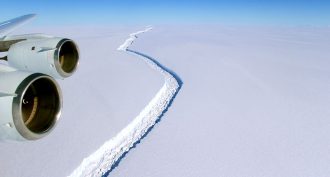 Oceans
OceansMassive ice shelf is poised to break off of Antarctica
A fast-growing crack in Antarctica’s Larsen C ice shelf could soon release a truly huge hunk of ice into the ocean.
-
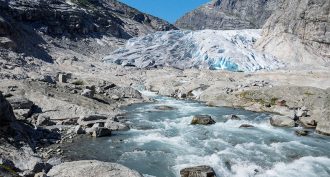 Climate
ClimateFeverish climate is melting glaciers, study confirms
Dwindling glaciers are “categorical evidence of climate change,” a new study affirms.
-
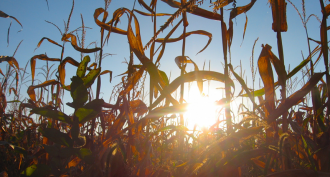 Genetics
GeneticsWorld’s tallest corn towers nearly 14 meters
Short nights and a genetic tweak helped novel corn reach record heights.
-
 Earth
EarthEditors’ top picks for 2016
From gravity waves to climate’s human impact and an exploration of post-election racism, we’ve covered the year’s major stories. Here what was most important.
By Janet Raloff -
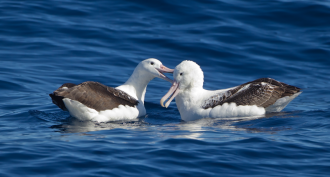 Environment
EnvironmentFood-like smell on plastic may lure seabirds to eat it
When plastic smells like supper, seabirds and other animals can be fooled into thinking it is food.
-
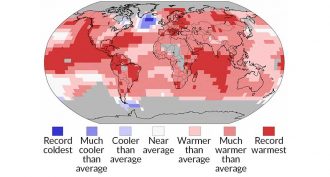 Climate
Climate2015’s record heat: It will soon be ‘normal’
The record-setting global temperatures seen in 2015 could become common as soon as the 2020s, and known as the “new normal.”
-
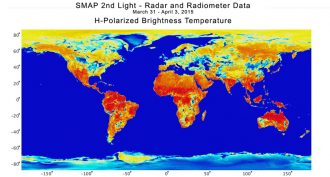 Climate
ClimatePredicting a wildfire with data from space
When the West gets dry it can catch fire. A teen decided to find out if satellite data might show where a fire’s fuel might reside.
-
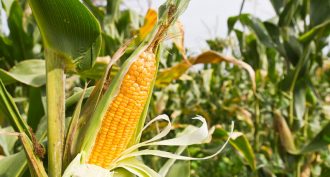 Agriculture
AgricultureTeen develops water-saving pods for seeds
In California’s drought, every drop of water counts. A teen developed a capsule to keep sprouting seeds wet and reduce water use.
-
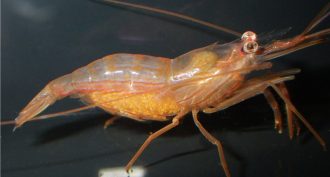 Environment
EnvironmentOcean of the future may make shrimp small and colorful
Carbon dioxide released into the air can end up in the ocean, making it more acidic. A teen showed that this acidification could shrink shrimp and make them more colorful.
-
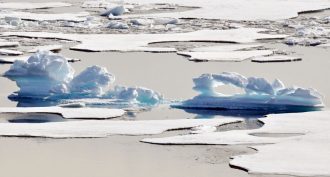 Environment
EnvironmentArctic Sea could be ice-free by 2050
Everyone contributes to the melting of Arctic sea ice, and all are in danger of making summer ice disappear there completely by 2050, a new study finds.
-
 Oceans
OceansBeaches can be a germy playground
Infectious microbes can flourish on sandy beaches. Scientists are now exploring how to find and monitor these hotspots for pollution that can make vacationers sick.